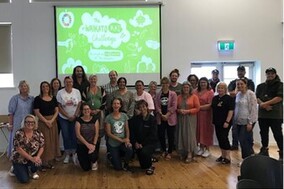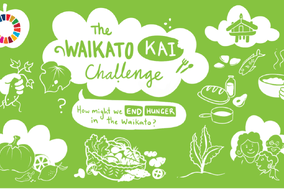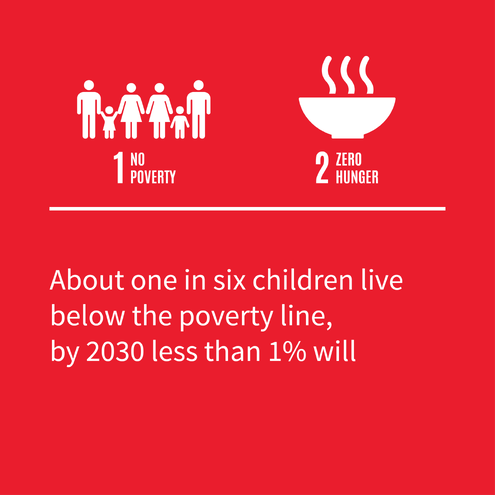The Waikato Kai Challenge
from hunger to food security
The Kai Challenge describes the work towards the Waikato Wellbeing Project’s target that
“Our children can thrive because none are hungry at school or cold at home. They can afford to participate in social, artistic, cultural and sporting activities.”
The goal is that, by 2030, fewer than 1% of children in the Waikato will live below the poverty line.
The need for food crisis response operations grew rapidly during the early days of the pandemic. Rather than abating as the threat of disease wanes, the demand for services provided by these operations have instead steadily grown. In this new, post-acute phase of the pandemic, local and national discourse is now focused on moving away from crisis response and into a systems discussion. The conversation needs to be about food security – “having easy access to enough healthy food every day.
Next steps for the kai challenge:
Develop a picture of the systems currently in use around the region to support our conversations about the future.
Engage our imaginations and describe the food futures we want.
Encourage the conditions for new food systems that reflect our aspirations – we need lots of courageous, adventurous innovators to bridge the gap between where we are and where we want to be.
For the WWP Kai Challenge, this means involving people from a wider spectrum of the food network from production, through distribution, to consumption.
If you want to be involved in this work, get in touch!
Our children can thrive because none are hungry at school or cold at home. They can afford to participate in social, artistic, cultural and sporting activities.
None of our children are hungry
*this is the before-housing cost relative poverty measure, it is 1 in 4 once housing costs are accounted for












